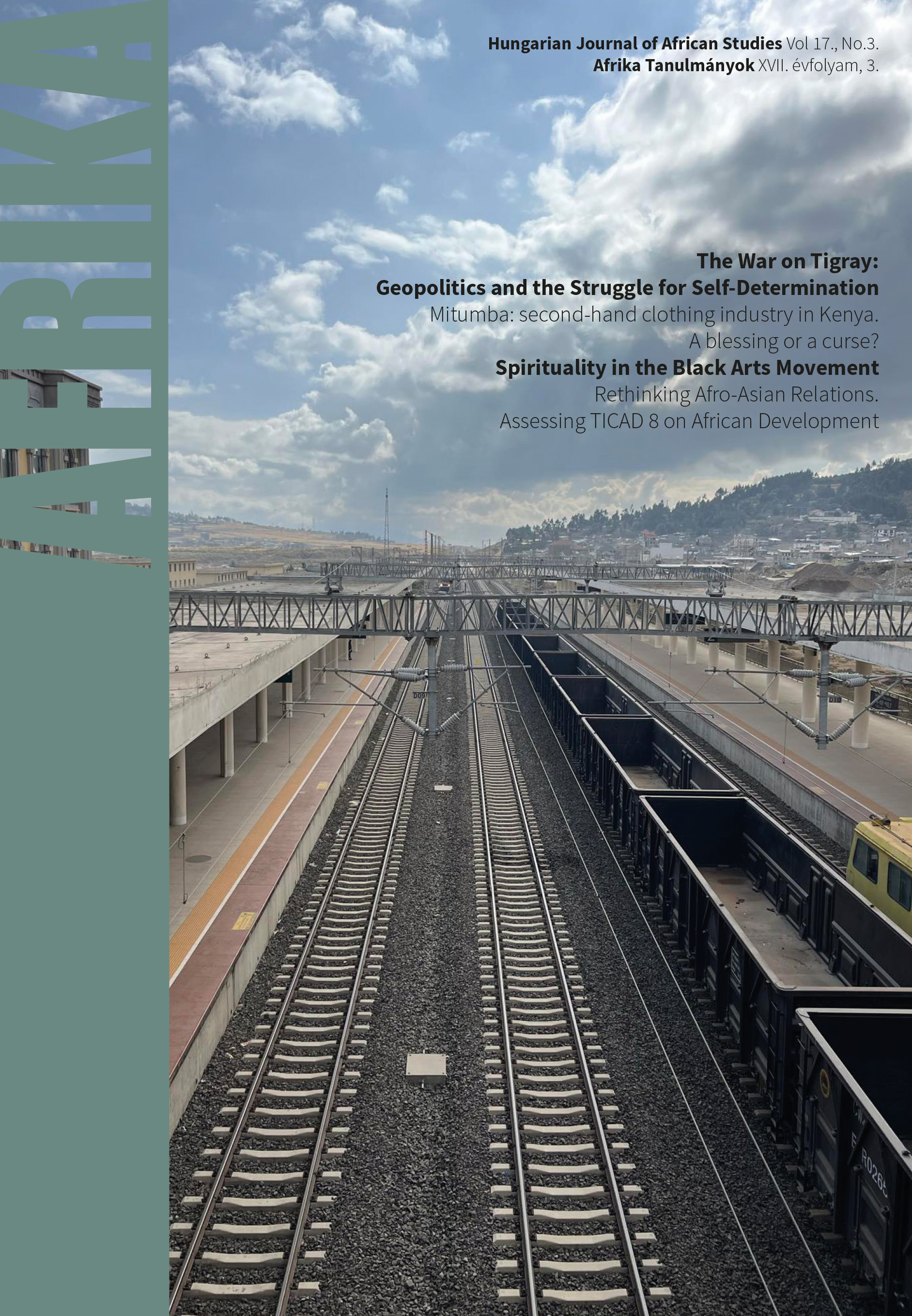Economic Determinants of Industrial Symbiosis on the Micro-level in Sub-Saharan Africa. A Case Study from Uganda
DOI:
https://doi.org/10.15170/AT.2023.17.3.4Kulcsszavak:
waste, industrial symbiosis, integrated farming systems, circular economy, Sub-Saharan AfricaAbsztrakt
Sub-Saharan Africa faces serious challenges related to waste management due to increasing population, consumption, and industrialization ambitions pursued by governments seeking economic development. This paper contributes to research on waste utilization in the region through a case study of industrial symbiosis in Uganda. More specifically, it focuses on the different cost items of waste suppliers of an eco-farm based on a fitness condition equation, including costs of landfilling, transportation, handling, pre-processing, storage, and the waste selling price. Uncovering these elements on the micro level may inform policymakers on how to incentivize industrial symbiosis and help its implementation in an economically feasible way. Data for this research was collected via company visits, semi-structured interviews, and participant observations during two research trips in 2021 and 2022. The results indicate that the additional revenue from selling waste is the least important item in the rationale for IS. In most cases, the potential for reducing landfilling costs motivates companies to participate in IS. The high difference in the other cost items calls for a case-by-case rather than a standardized policy intervention.
Downloads
Megjelent
Hogyan kell idézni
Folyóirat szám
Rovat
License

This work is licensed under a Creative Commons Attribution-NonCommercial-NoDerivatives 4.0 International License.
















